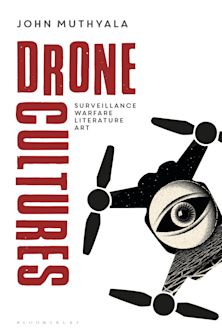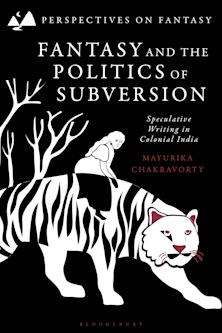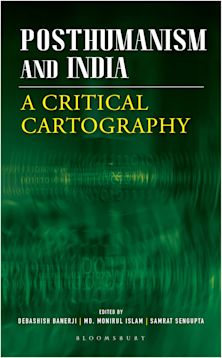- Home
- ACADEMIC
- Literary Studies
- Postcolonial Literature
- Naipaul's Truth
For information on how we process your data, read our Privacy Policy
Thank you. We will email you when this book is available to order
Buy from Bloomsbury eTextBooks
You are now leaving the Bloomsbury Publishing website. Your eBook purchase will be with our partner https://www.vitalsource.com.
Your credit card statement will show this purchase originating from VitalSource Technologies. They will also provide any technical assistance you might require.
You must sign in to add this item to your wishlist. Please sign in or create an account
Description
V.S. Naipaul once described his purpose as an author as nothing less than a "commitment to deliver the truth." One of the world's greatest, and most controversial, living writers, he has written extensively about the enduring economic, cultural, and psychological effects of colonialism, particularly its assaults on individual identity. In Naipaul's Truth, Lillian Feder, noted author of several classic works of literary criticism, explores Naipaul's writings to deliver an original and beautifully written analysis of her subject. Feder describes Naipaul's methods for discovering the truth about himself and the world he explores, and she concludes that Naipaul's literature has rightfully earned a place in the upper echelons of the modern canon. Simultaneously an intellectual biography and a revealing psychological portrait of the artist, Naipaul's Truth is a masterpiece of literary biography.
Table of Contents
Chapter 2 Autobiography
Chapter 3 Travel Narratives
Chapter 4 Fiction
Chapter 5 Afterword
Product details
| Published | 13 Dec 2000 |
|---|---|
| Format | Ebook (Epub & Mobi) |
| Edition | 1st |
| Extent | 288 |
| ISBN | 9781461639435 |
| Imprint | Rowman & Littlefield |
| Publisher | Bloomsbury Publishing |
About the contributors
Reviews
-
It is hard to be fair to V.S.Naipaul's books: they challenge readers in contentiousness. A neutral or disinterested reading seems pointless. Most
critics of Naipaul think they must hand down a political verdict. Lillian
Feder never forgets that the novels are works of art or they are nothing. She engages with Naipaul's political essays and examines their relation to the corresponding fictions. Immensely helpful work, this. I hope that
readers will learn from her patience and from the quality and force of her
intelligence.Denis Donoghue, New York University
-
Feder's in-depth knowledge of Naipaul's work is evident from her discussions. She moves fluidly through his many books, carefully documenting how the themes that concern Naipaul appear, reappear, and change over time.
Foreword Reviews



































